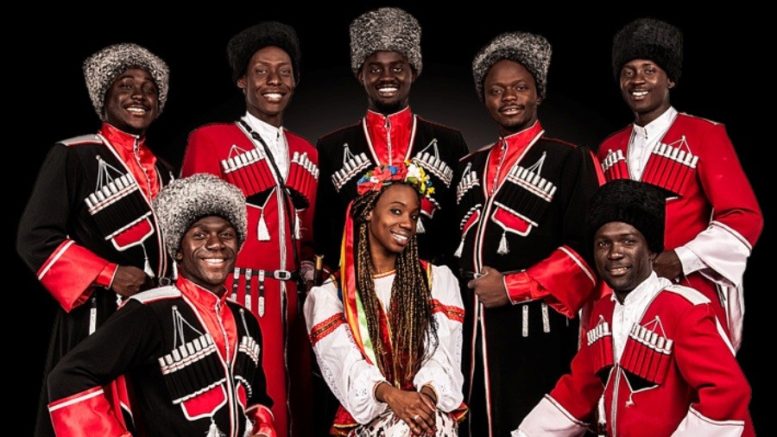Ukraine is still living with the Muslim Spiritual Directorate (MSD) system the Russian Empire and the Soviet Union imposed on the faithful, but if Ukraine’s Muslims are to escape the limitations and dangers these institutions entail, they must adopt the more open approach to Islamic communities found in Europe and the US.
The MSD system, Mykhailo Yakubovych says, not only ignores the highly decentralized, democratic and intellectual bases of the faith and insists on a ritual-centered understanding of religious life but also ethnicizes and ghettoizes the faithful rather than securing their integration into the broader community.
The Russian MSD system, which traces its roots to the Orenburg Mohammedan Spiritual Assembly established in the 18th century, was and remains a device by which the political authorities control the Islamic faithful from the top down and seek to restrict Islam to the observance of a limited number of rituals.
It has no canonical basis in Islam, but worse, it bureaucratizes, ethnicizes and politicizes the faith and restricts its development of an intellectual system, thus putting these formal structures and those who control them at far greater risk from outside and often more radical Muslims who reject such a limited vision of the Islamic community.
As Yakubovych, the translator of the Koran into Ukrainian, points out, the leaders of the heads of the various MSDs depend on ethnic divisions to support themselves, are demonstratively loyal to the political authorities, and devote their attention to “the preservation of the ritual component of Islam” while giving much less attention to its intellectual core.
And as far as ideology is concerned, he continues, “the majority of ‘spiritual administrations of the post-Soviet space lay stress on their ‘traditionalism’ in the face of new Muslim movements,” groups they often find it difficult to counter because of their own lack of intellectual preparation and thus fall back on administrative resources – their own and the state’s.
Despite the fact that “many centralized spiritual administrations (especially in the Russian Federation) have invested heavily in the development of Islamic education, science, publishing and international cooperation, the crisis of religious authority in the post-Soviet space remains to this day one of the sharpest problems of these Muslim communities.”
“To a certain extent,” Yakubovych says, these problems are very much in evidence in Ukraine too. “For example,” he writes, “ethnocentric Islamic religious institutions which position themselves as ‘traditional’ have achieved relatively little Islamic education, the development of media or the establishment of a generation of Ukrainian Islamic scholars.”
The lack of significant progress in training such religious authorities is especially critical in places like Ukraine where there is a compelling need for fatwas which always must reflect a specific time and place, something that means new ones are required when a society like Ukraine’s is undergoing rapid and radical change, Yakubovych says.
For this to happen, he suggests, what is needed is “the experience of an organization of a somewhat different type, which presupposes not centralization under the leadership of a single person or group of persons but rather a combination of autonomous communities with common approaches to the interpretation of Islamic doctrine.”
That is the path that Muslim parishes in the United States and Europe have followed, and it is the one Ukraine should follow as well. In it, the mullah or imam is a paid employee of his parish and thus is not beholden to or subject to the orders of others. And thus, he is in a position to block “radical ideas or the policy of isolation and ‘ghettoization.’”
This approach, he argues, is especially important now because internally displaced persons from eastern Ukraine have settled in the central and western oblasts of the country and need to come up with structures that are both more flexible and less isolated from non-Muslims than those in the existing MSDs.
If Ukraine’s Muslims do move in this direction, it will be another way in which Ukraine will be becoming part of Europe. Equally important, it will represent a challenge to the way in which Moscow has insisted on doing business with Muslims and is likely to give new energy to Muslims in the Russian Federation who also would like to do away with the state MSD system.






